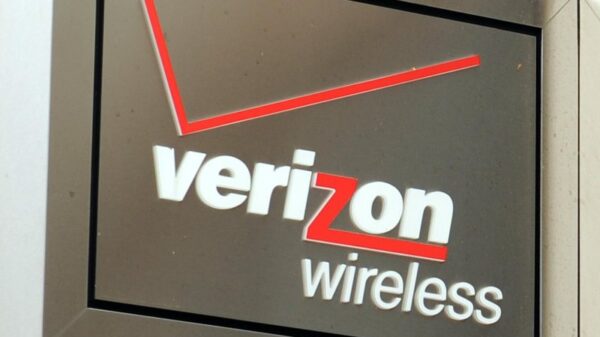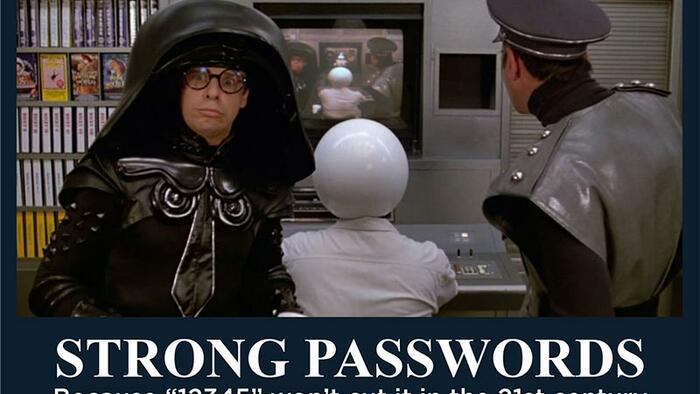A significant security breach in McDonald’s recruitment system may have compromised the personal information of approximately 64 million individuals. Researchers Ian Carroll and Sam Curry uncovered this vulnerability in McHire, an AI chatbot developed by Paradox.ai, which is utilized by numerous McDonald’s franchises for hiring.
While investigating McHire, Carroll and Curry found that internal accounts used by Paradox staff were safeguarded by one of the most commonly guessed passwords: “123456.” This glaring oversight allowed the researchers to gain administrative access to a test restaurant account linked to Paradox employees. Although this initial access did not pose a real-world risk, it highlighted serious flaws in the system’s security protocols.
The real concern emerged with the discovery of a second vulnerability, known as an insecure direct object reference (IDOR) flaw in the McHire API. This issue permitted the researchers to extract sensitive data from any job application submitted to McDonald’s, including names, email addresses, phone numbers, home addresses, application details, and login tokens that could provide full access to user chats.
Paradox had previously claimed that 90% of McDonald’s franchises relied on McHire for their hiring processes. Notably, the company raised $200 million in funding in 2020. In contrast, McDonald’s boasts a valuation exceeding $200 billion. Despite these significant resources, the security of a system managing the private information of tens of millions of users was compromised by the digital equivalent of a sticky note left on a monitor.
The researchers compared the password vulnerability to the mistakes often made by teenagers. Carroll humorously noted that while his own teenage password of “1234” was slightly better, it still underscored a lack of awareness that weak passwords are a significant security risk. “That’s slightly better than the password I used, I guess, but not enough to justify its use decades after most people realized that using weak passwords is a bad idea,” he remarked.
Fortunately, the vulnerabilities were addressed within 24 hours of being reported, suggesting a proactive response from both McDonald’s and Paradox. The hope is that this incident will lead to improved cybersecurity measures in the future, ideally moving beyond simplistic passwords like “123456.”
As digital security becomes increasingly vital in the modern landscape, this incident serves as a stark reminder of the importance of robust password practices and secure data management, especially for organizations handling vast amounts of personal information.






































































